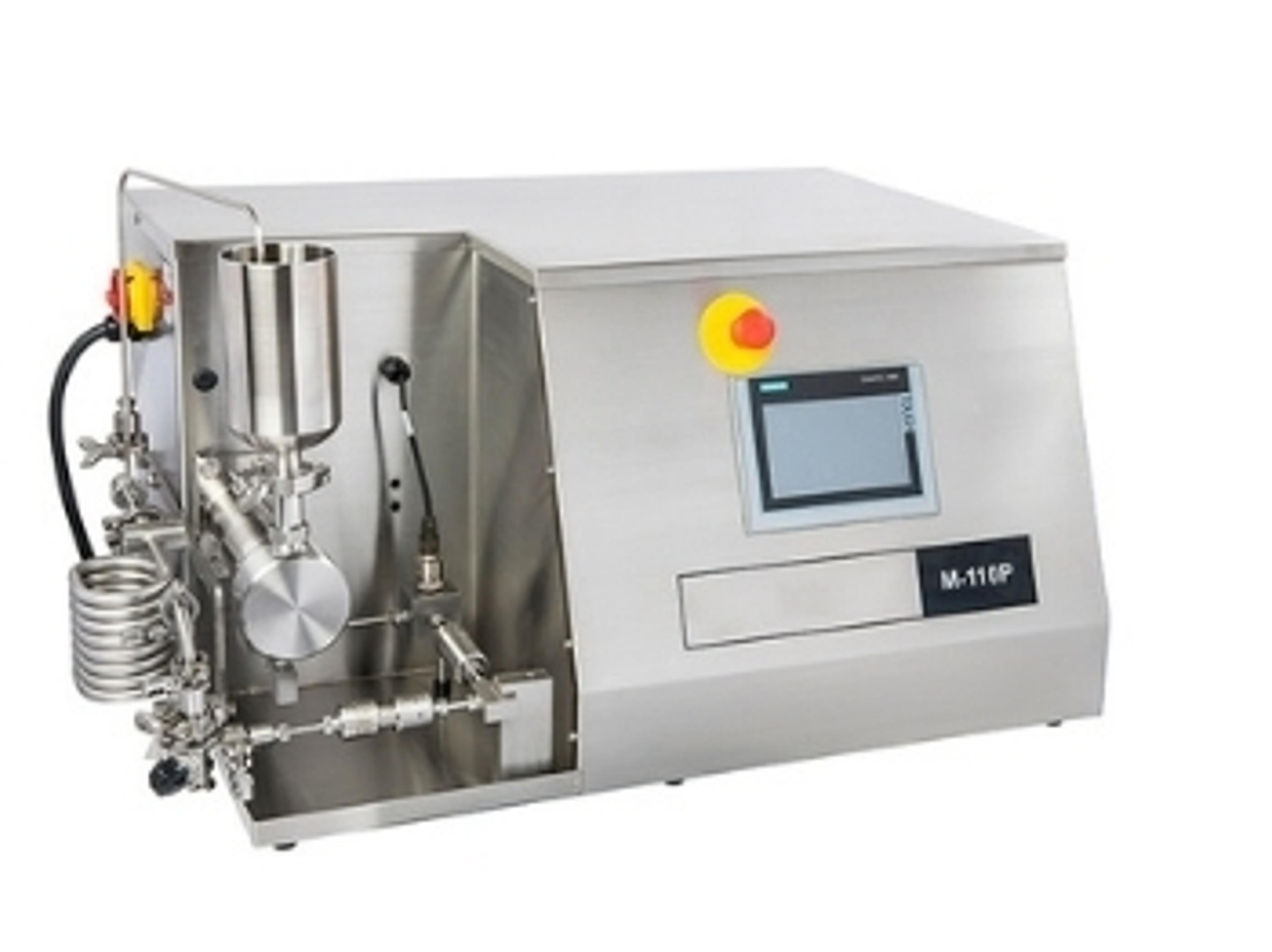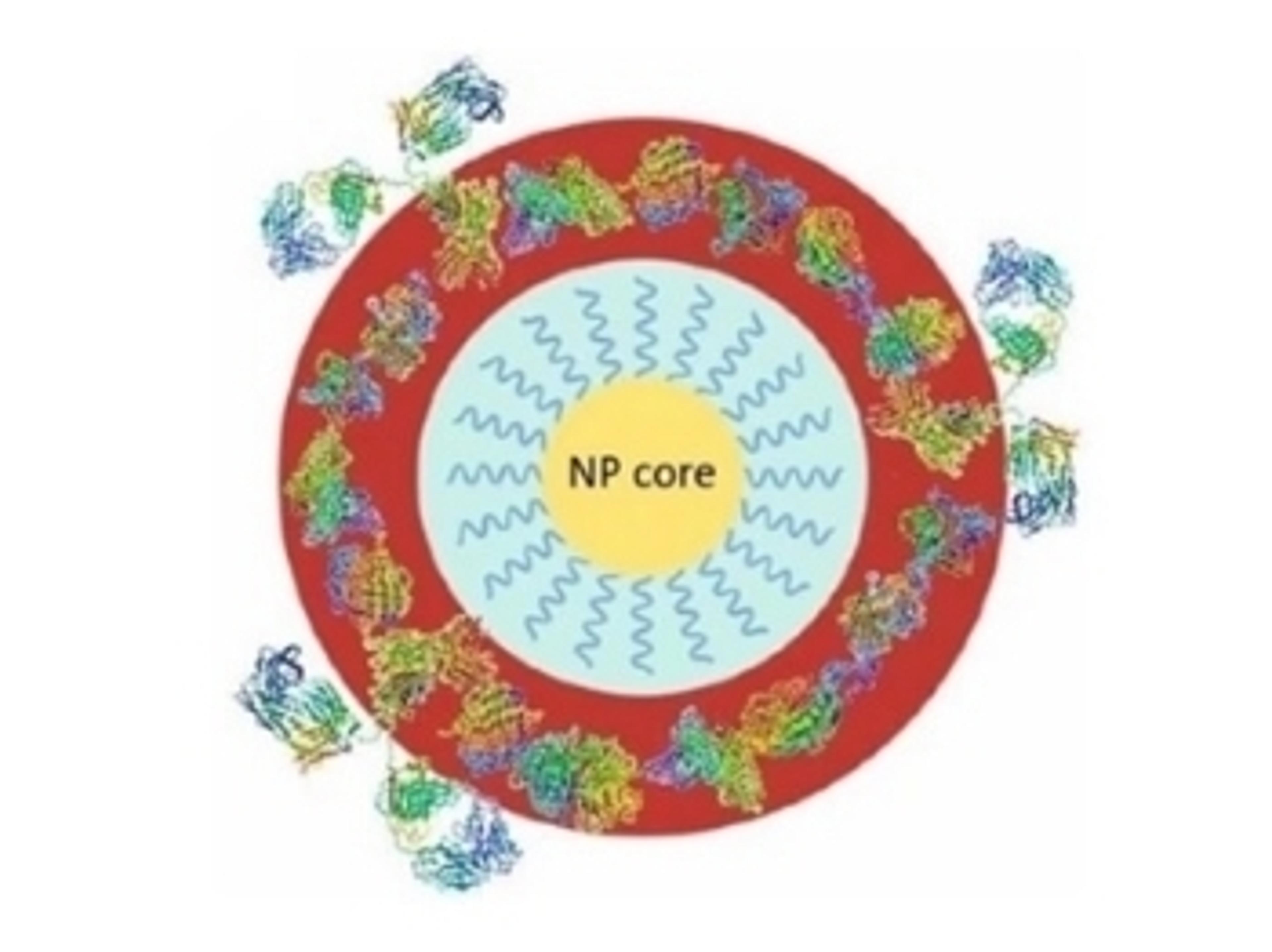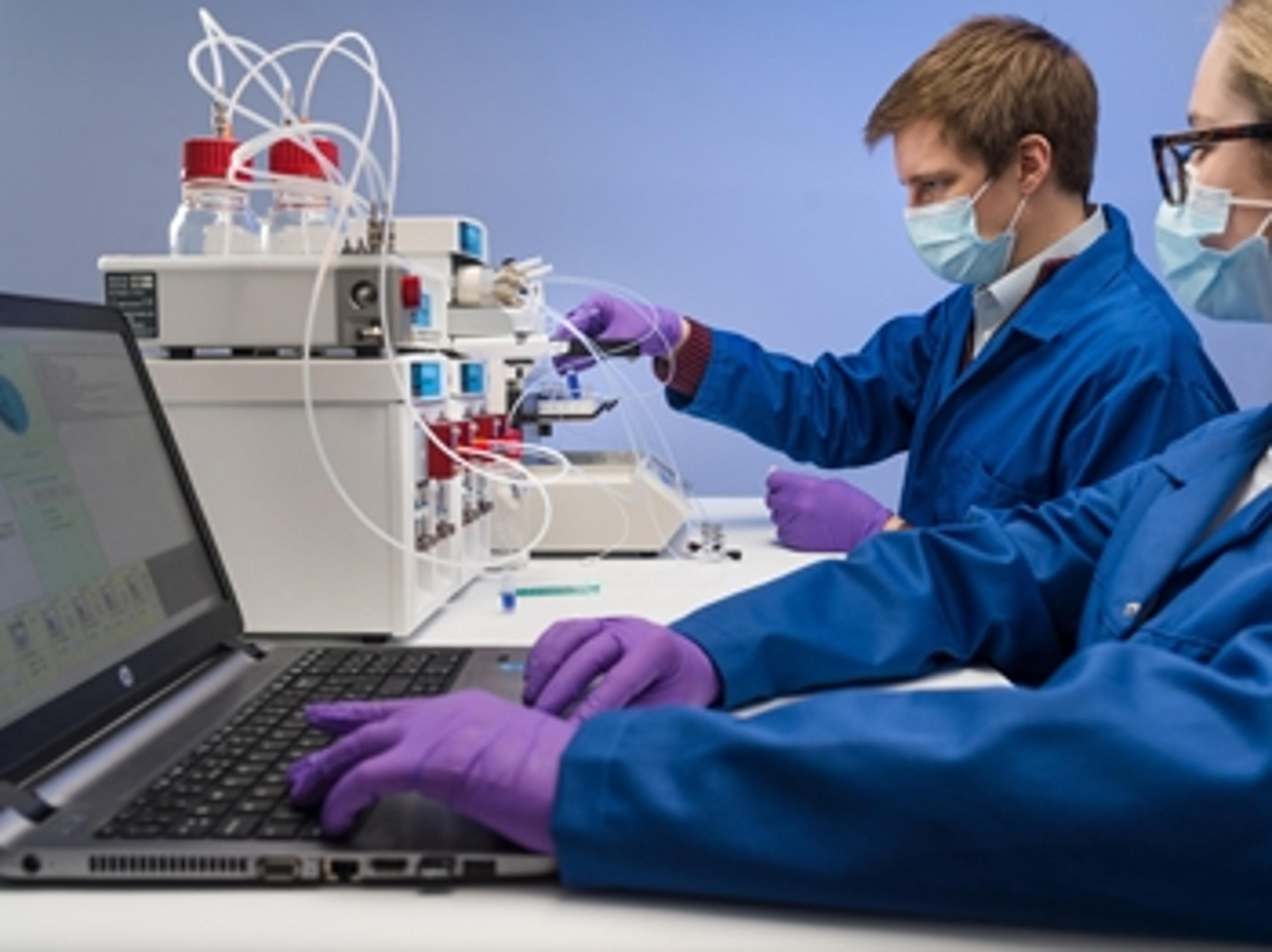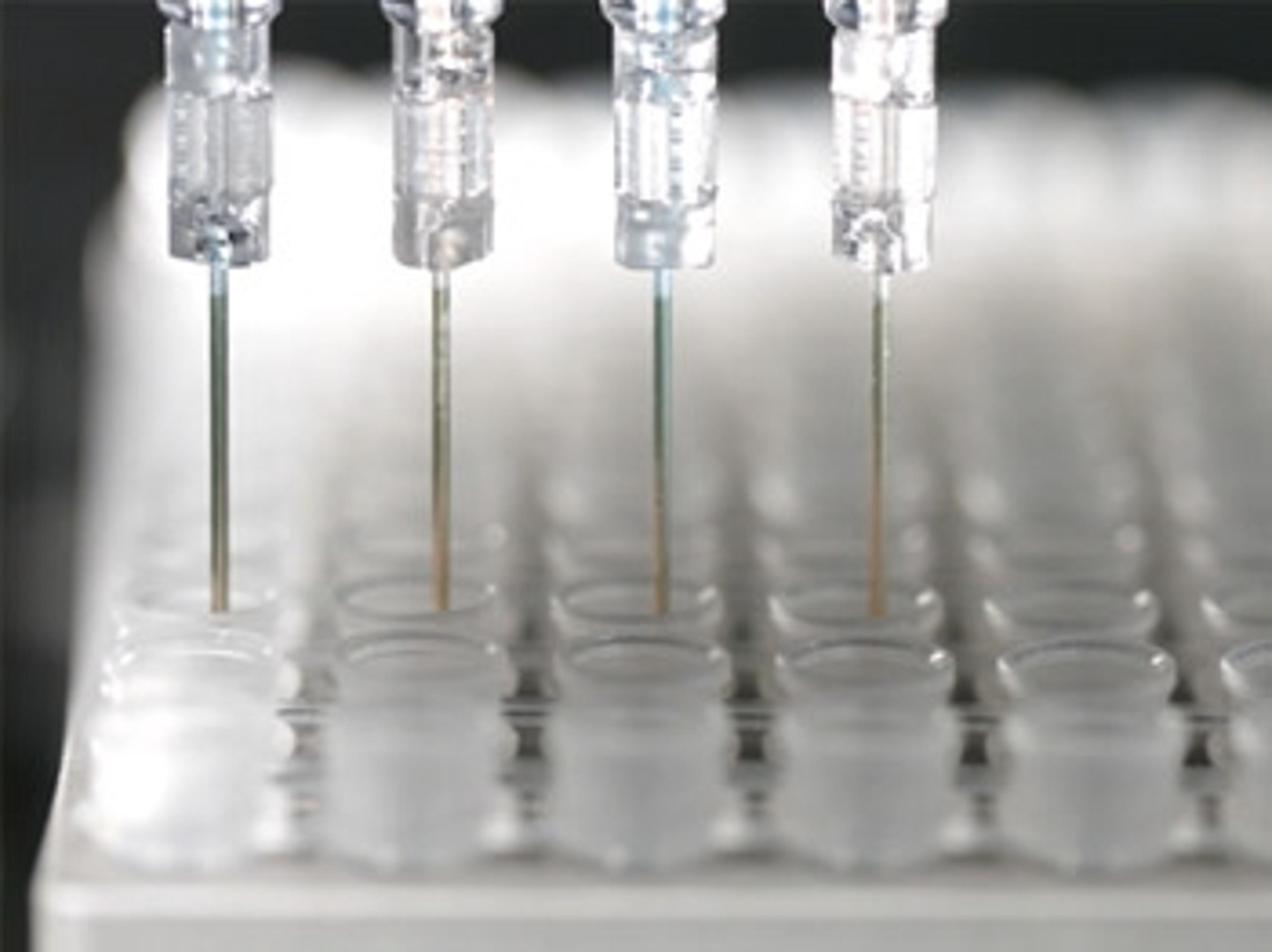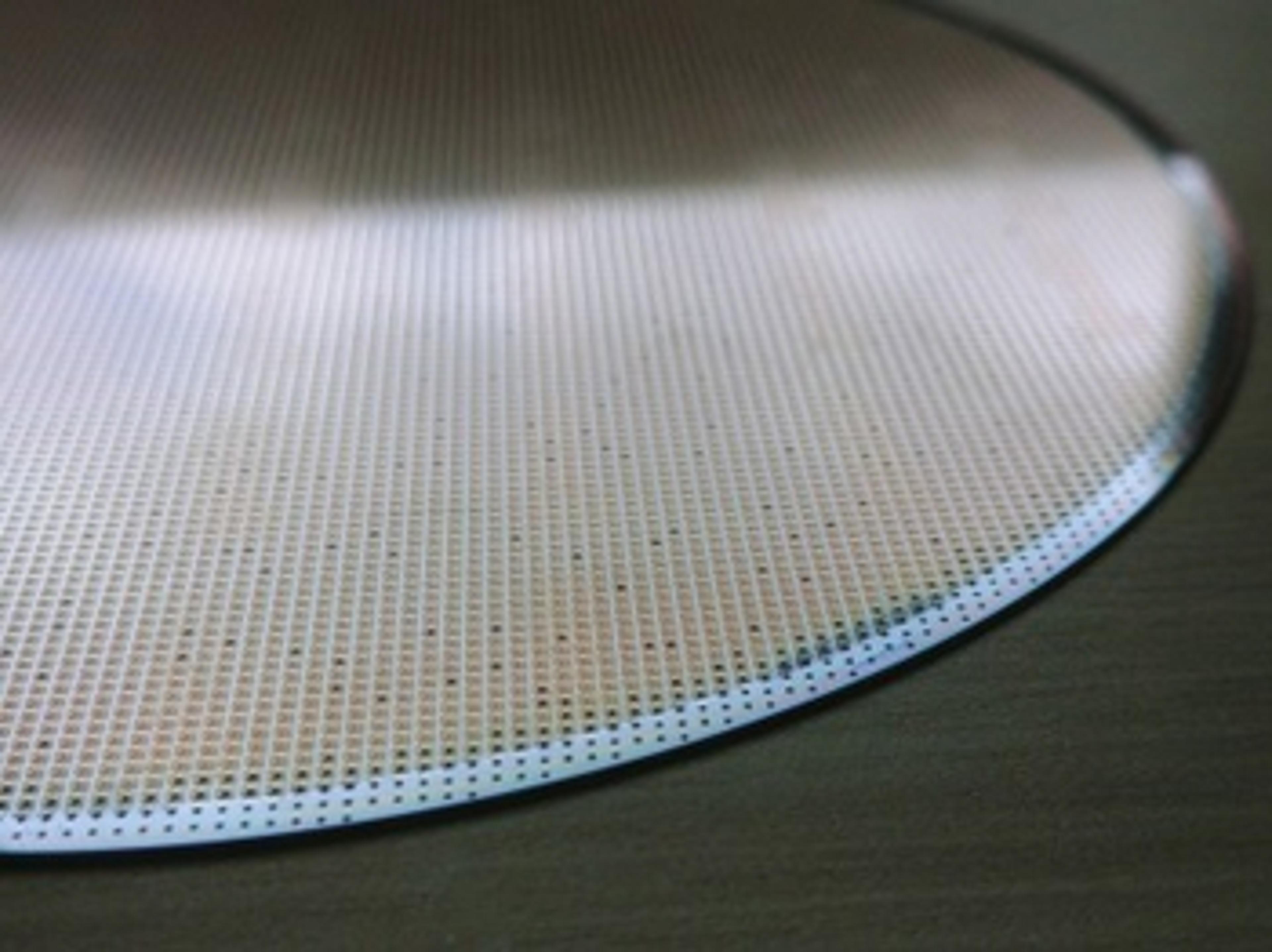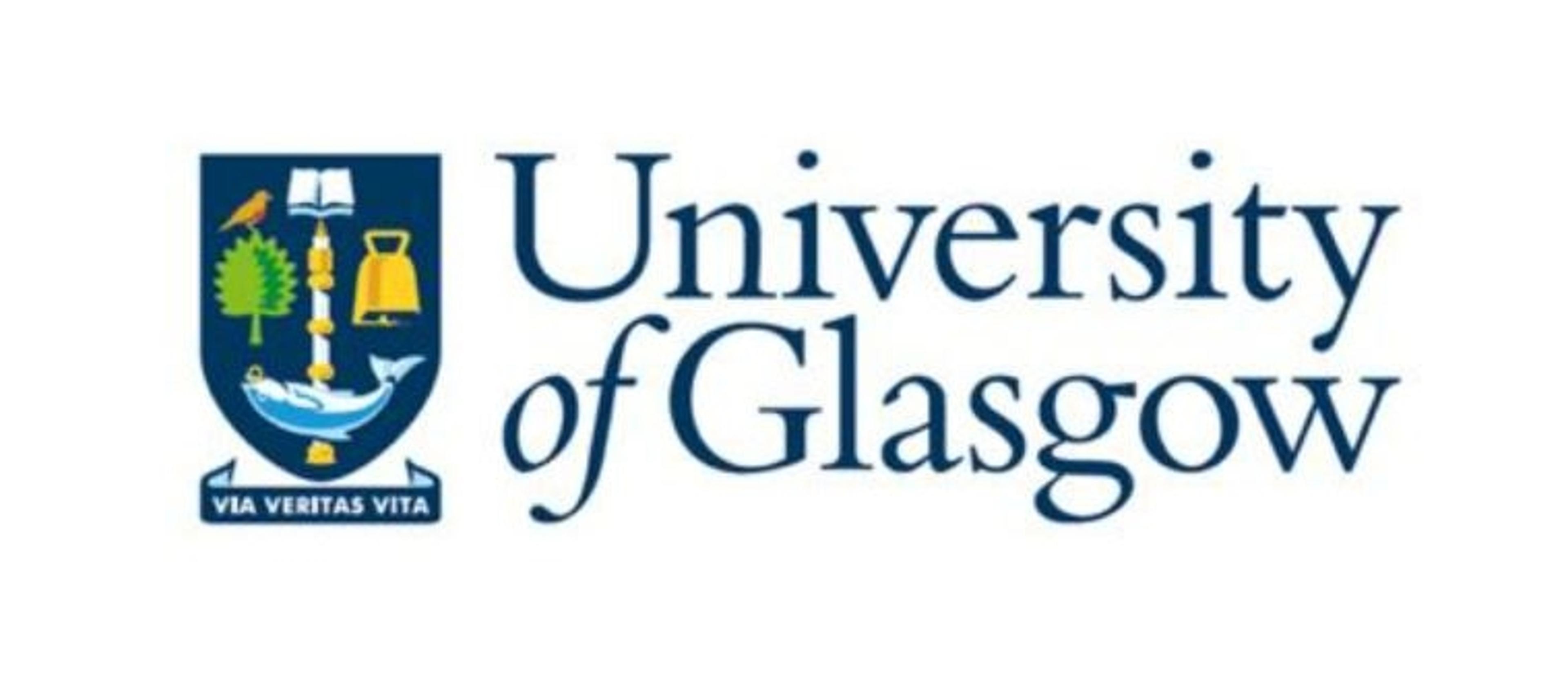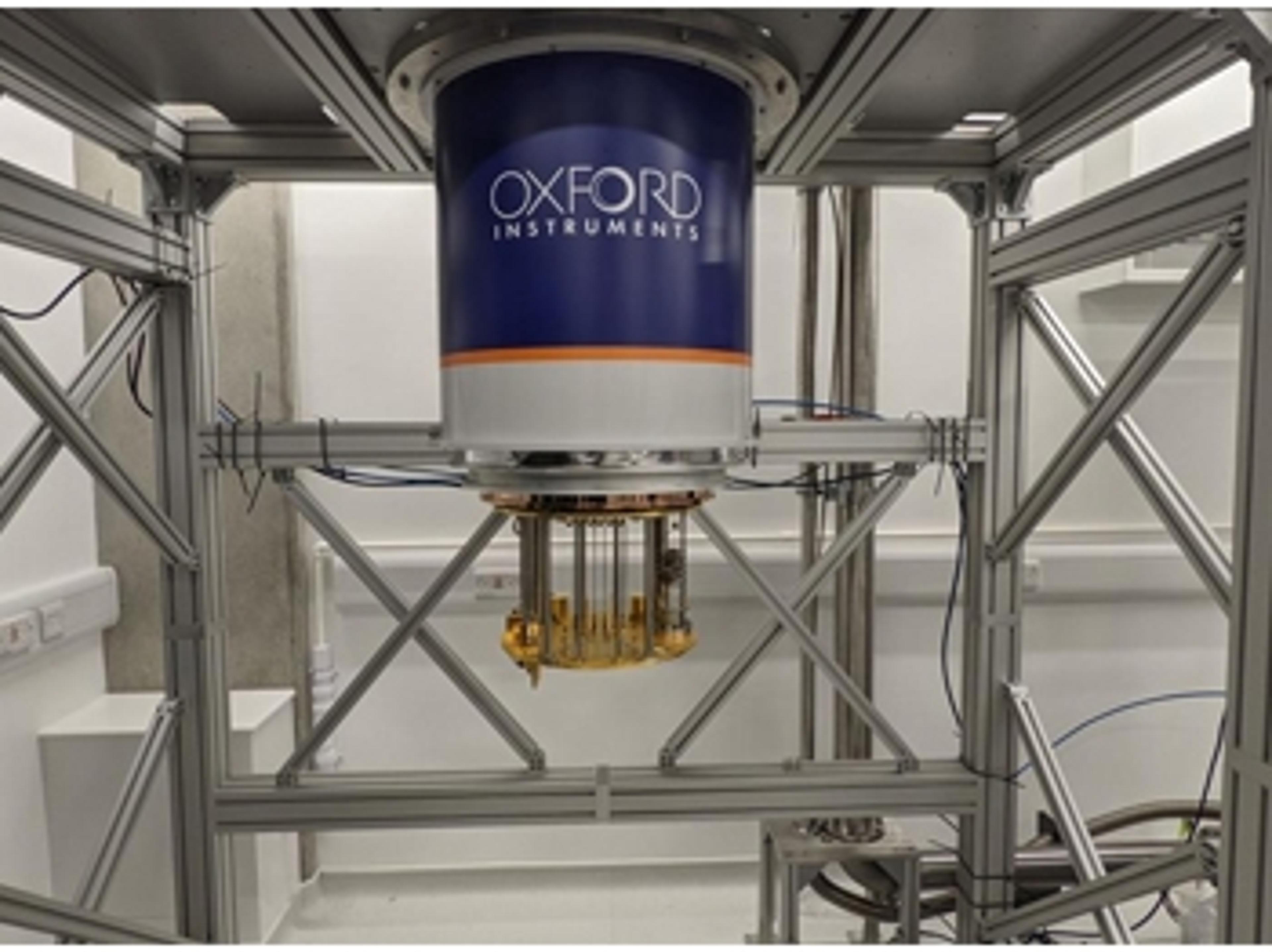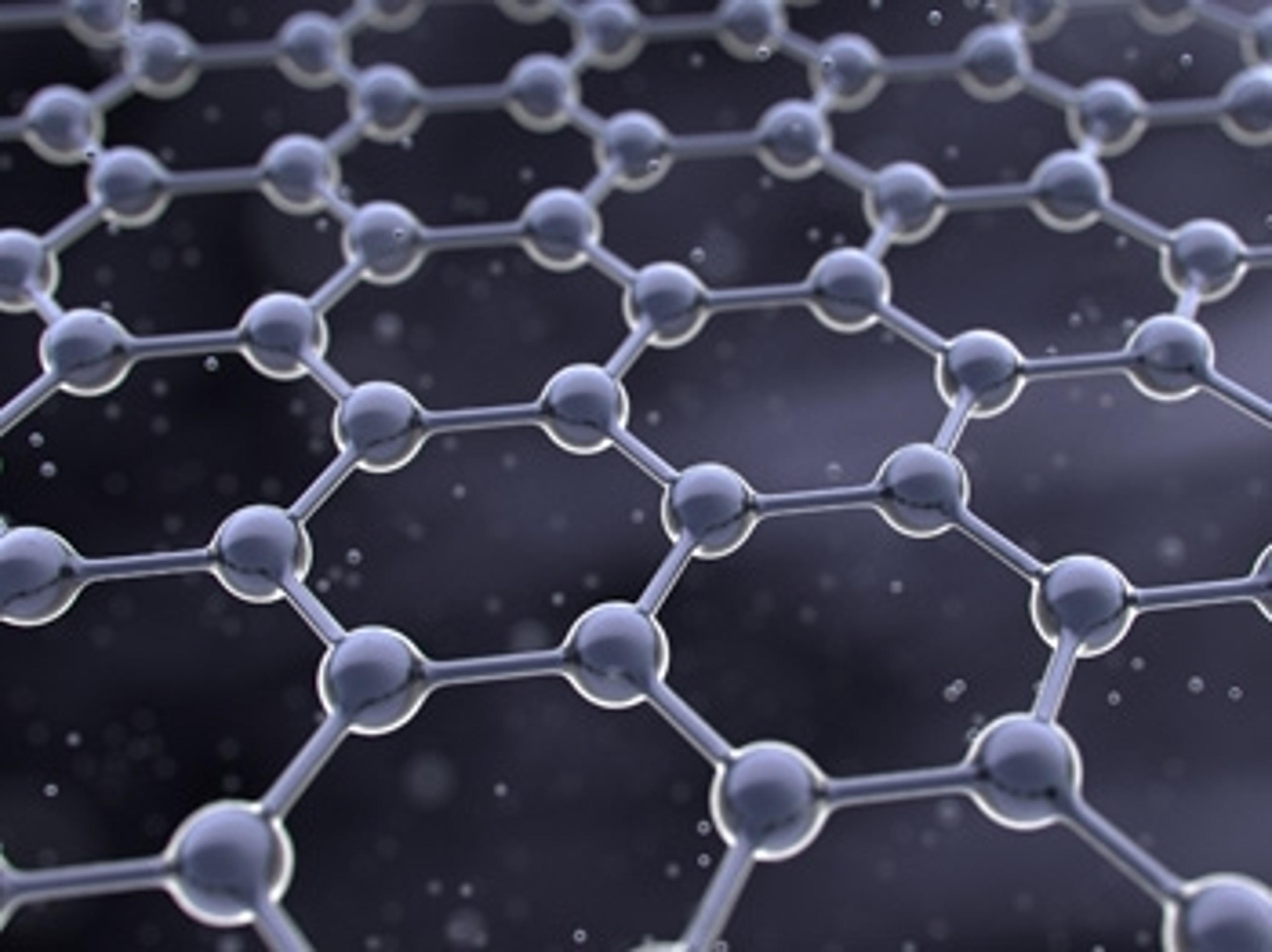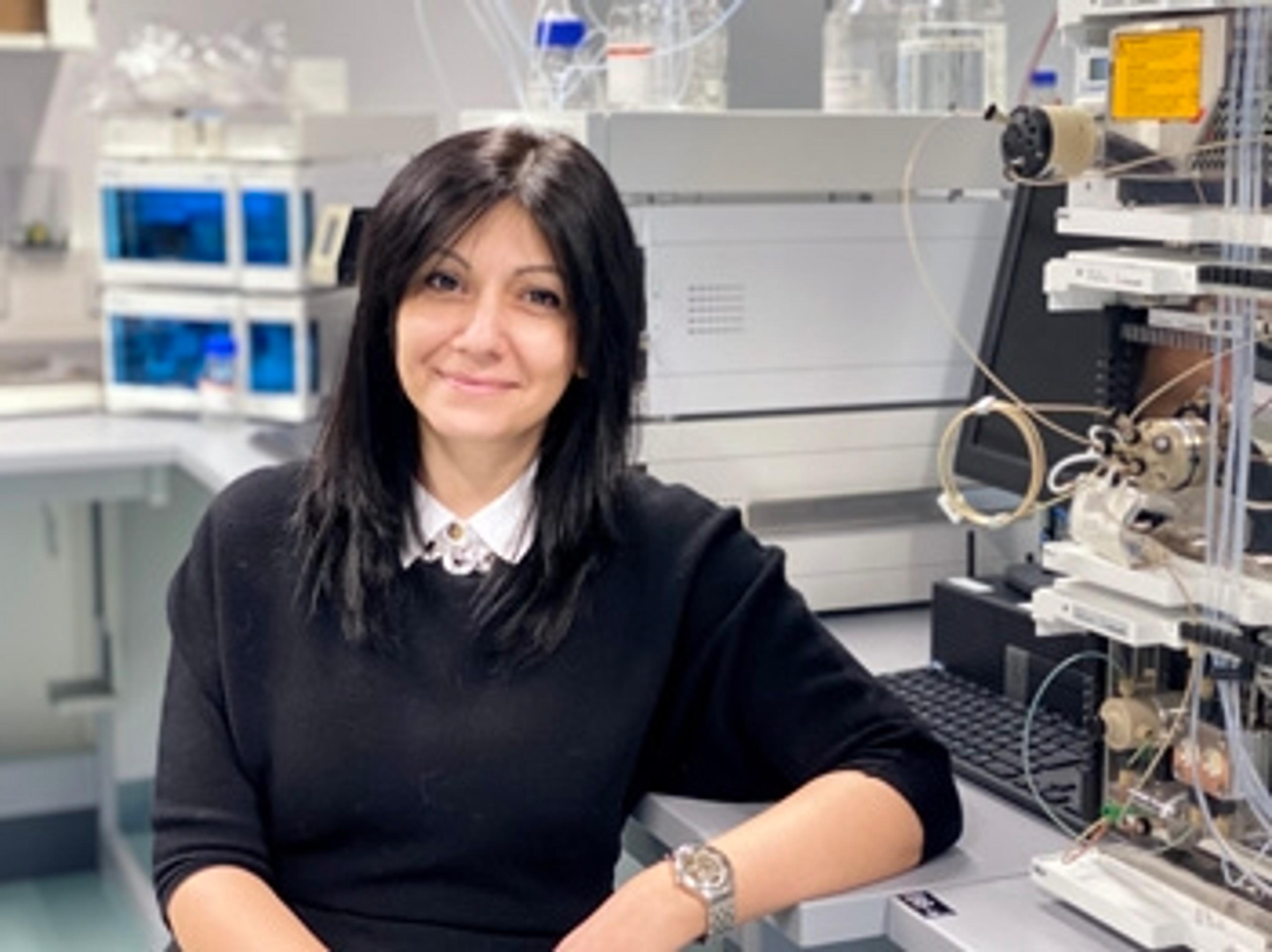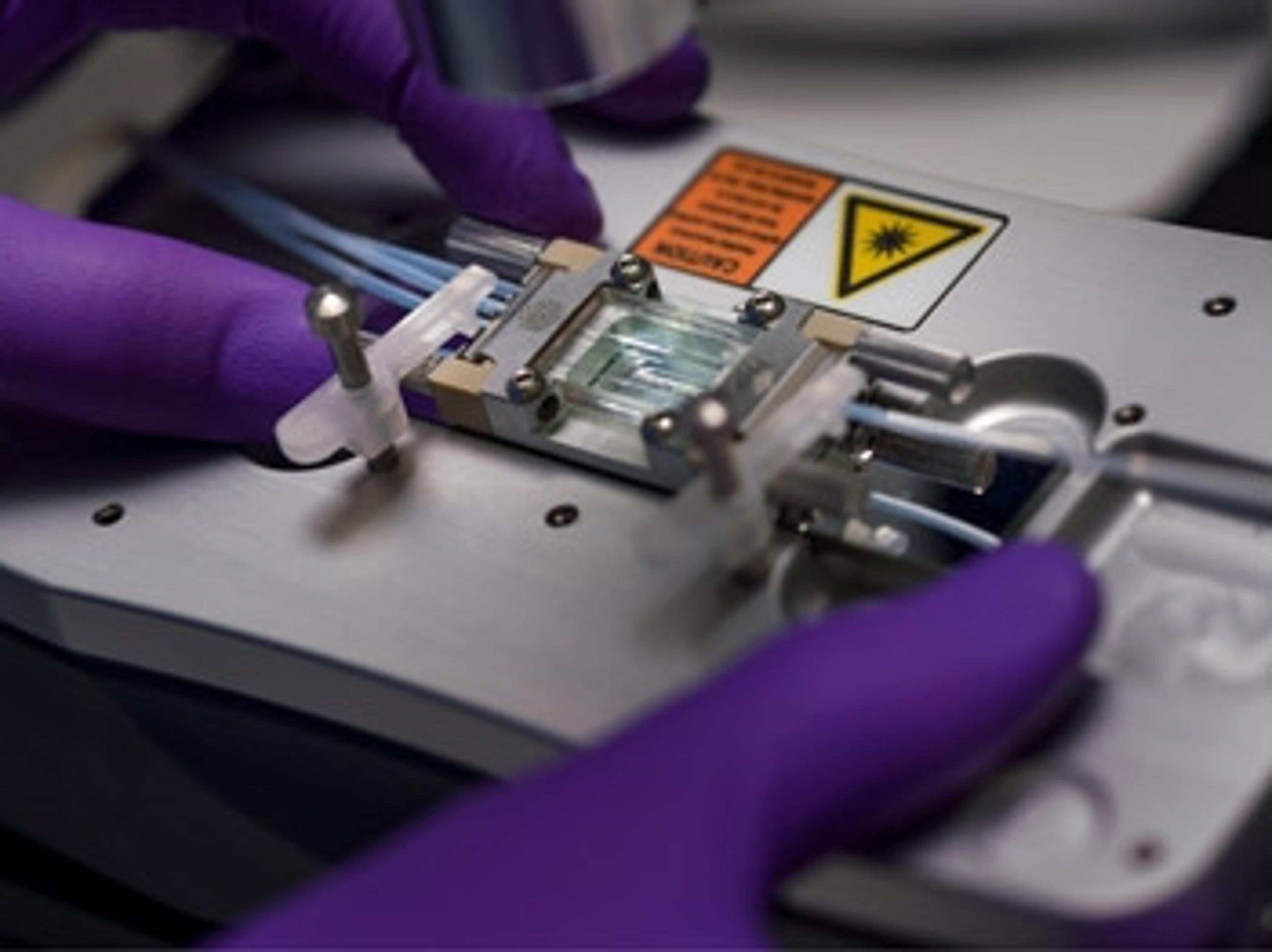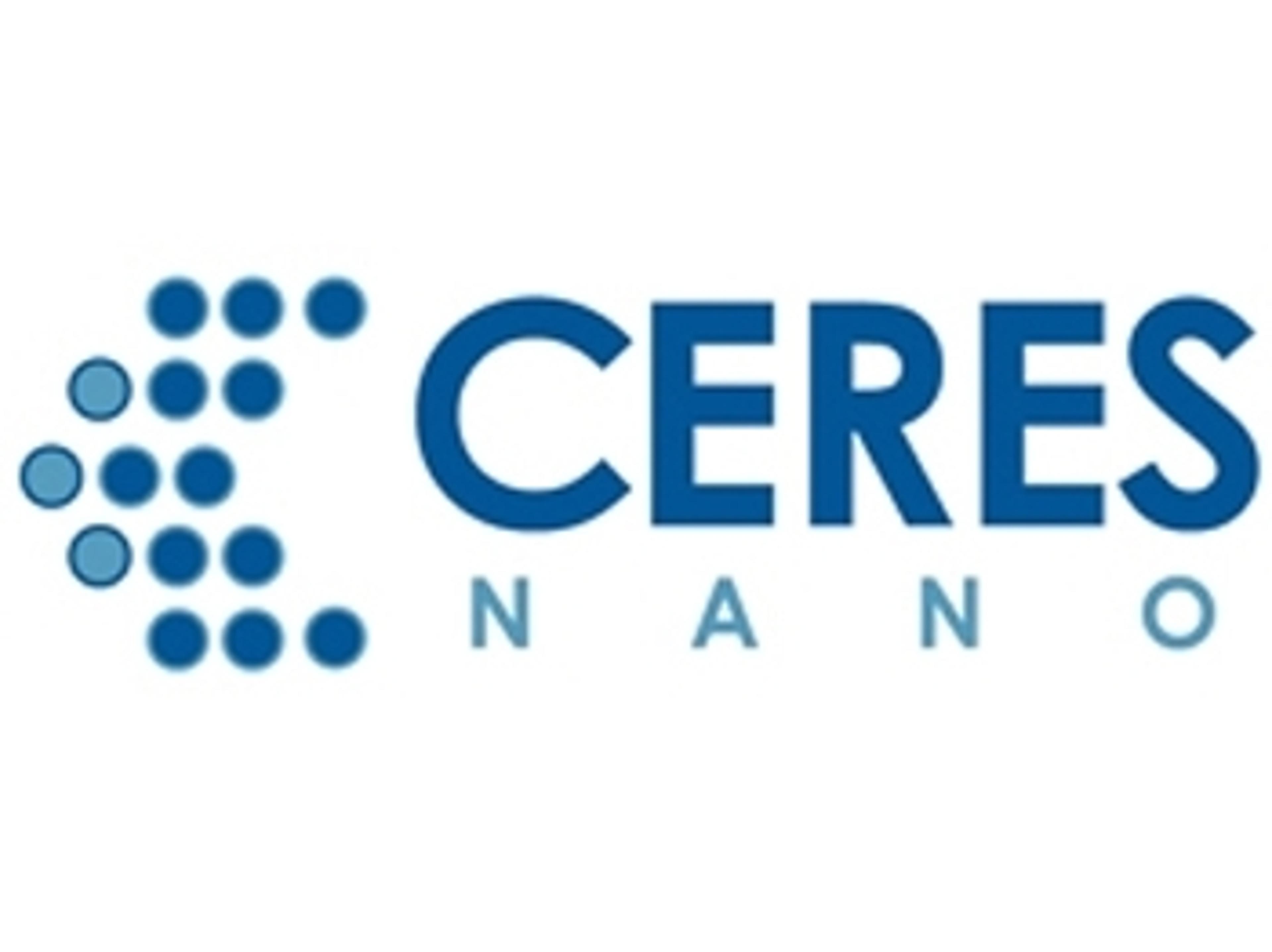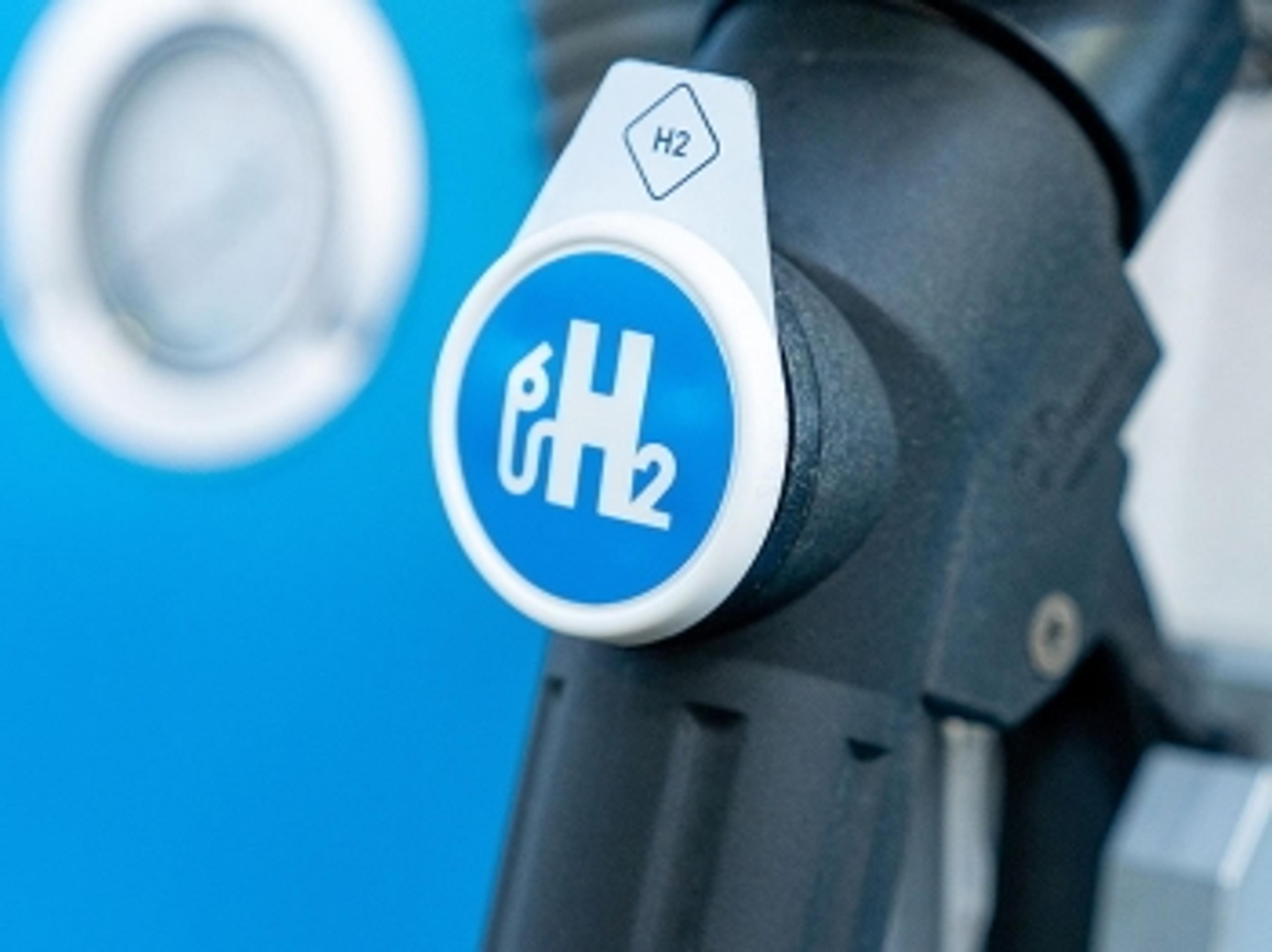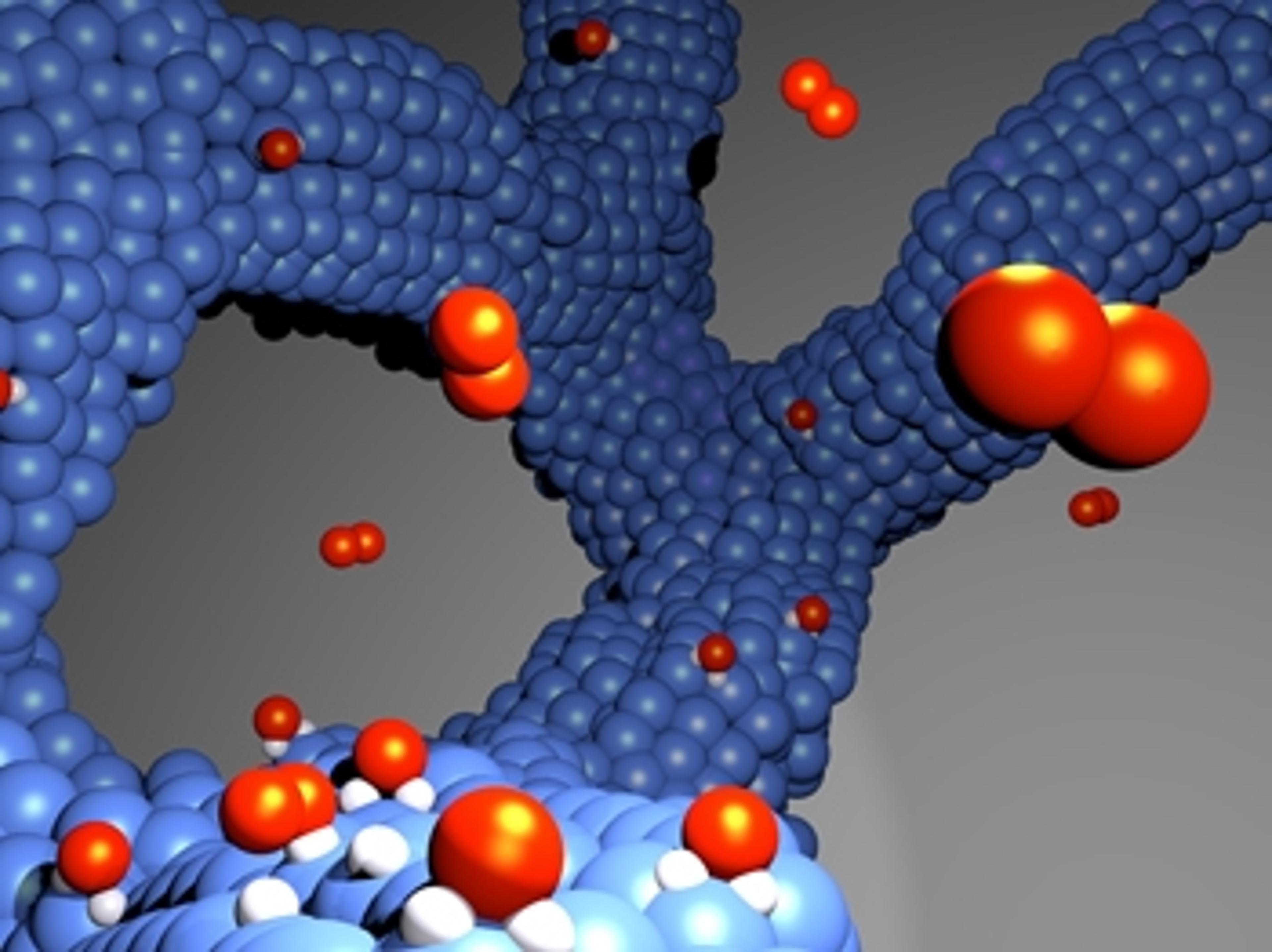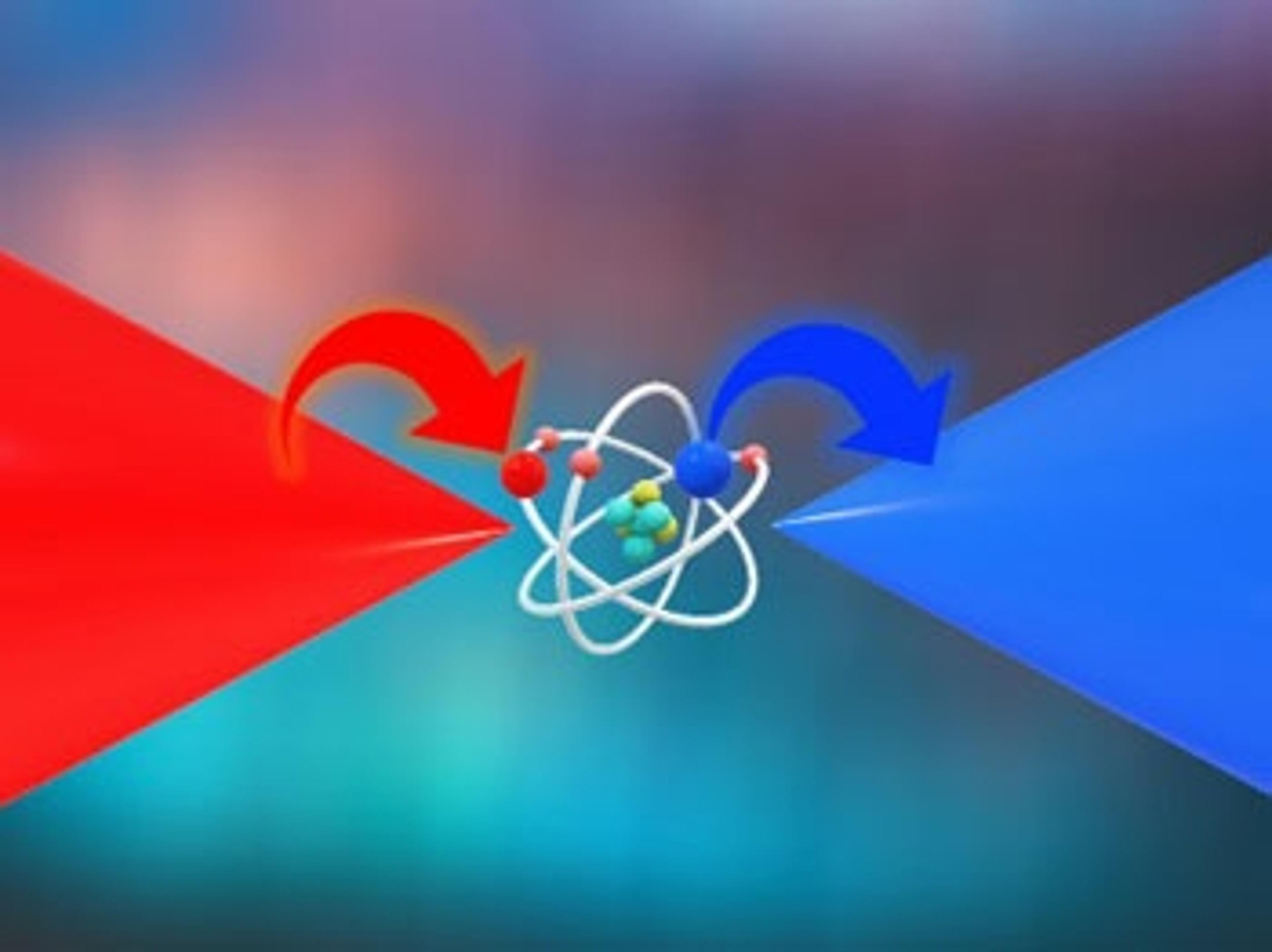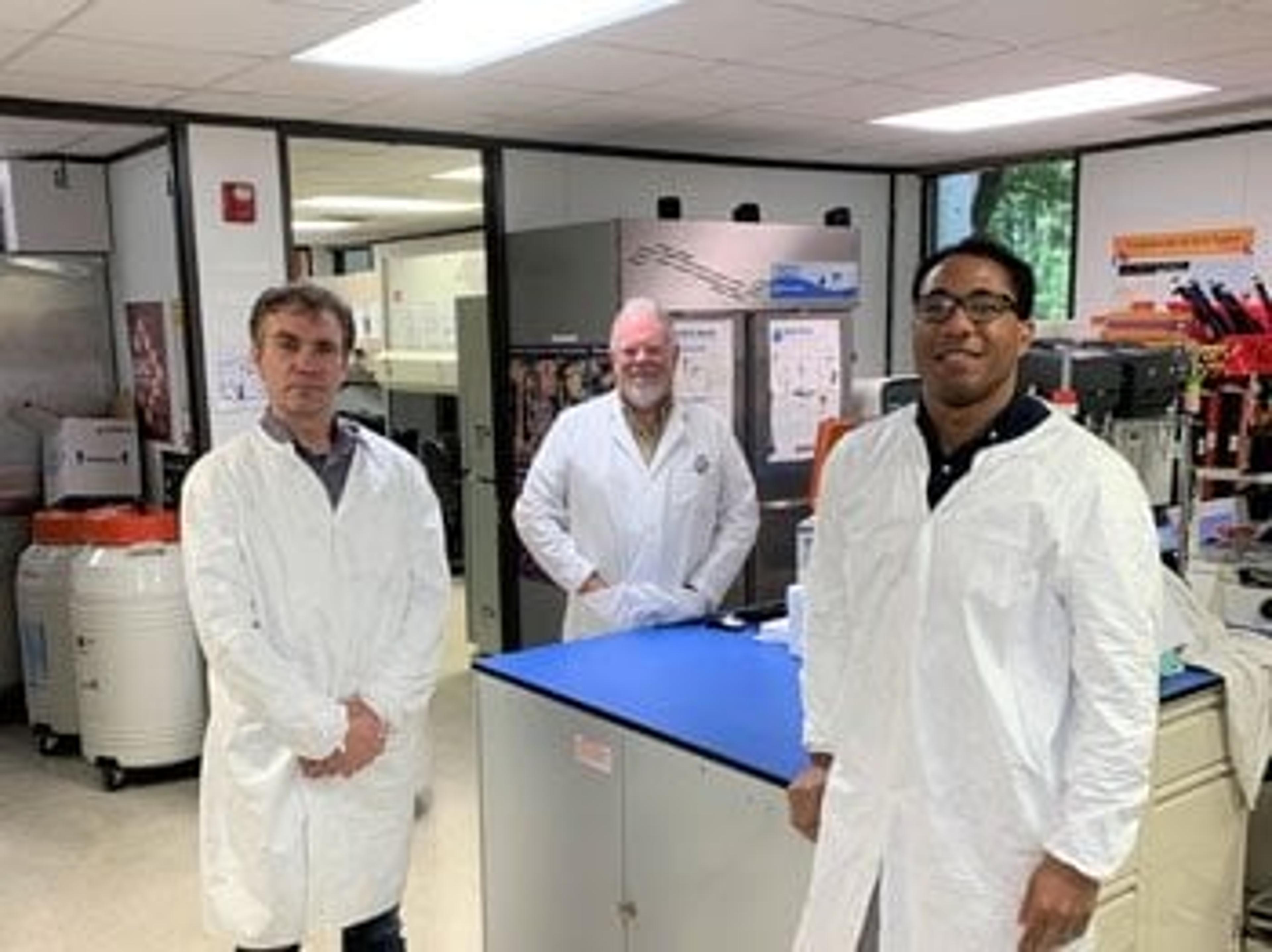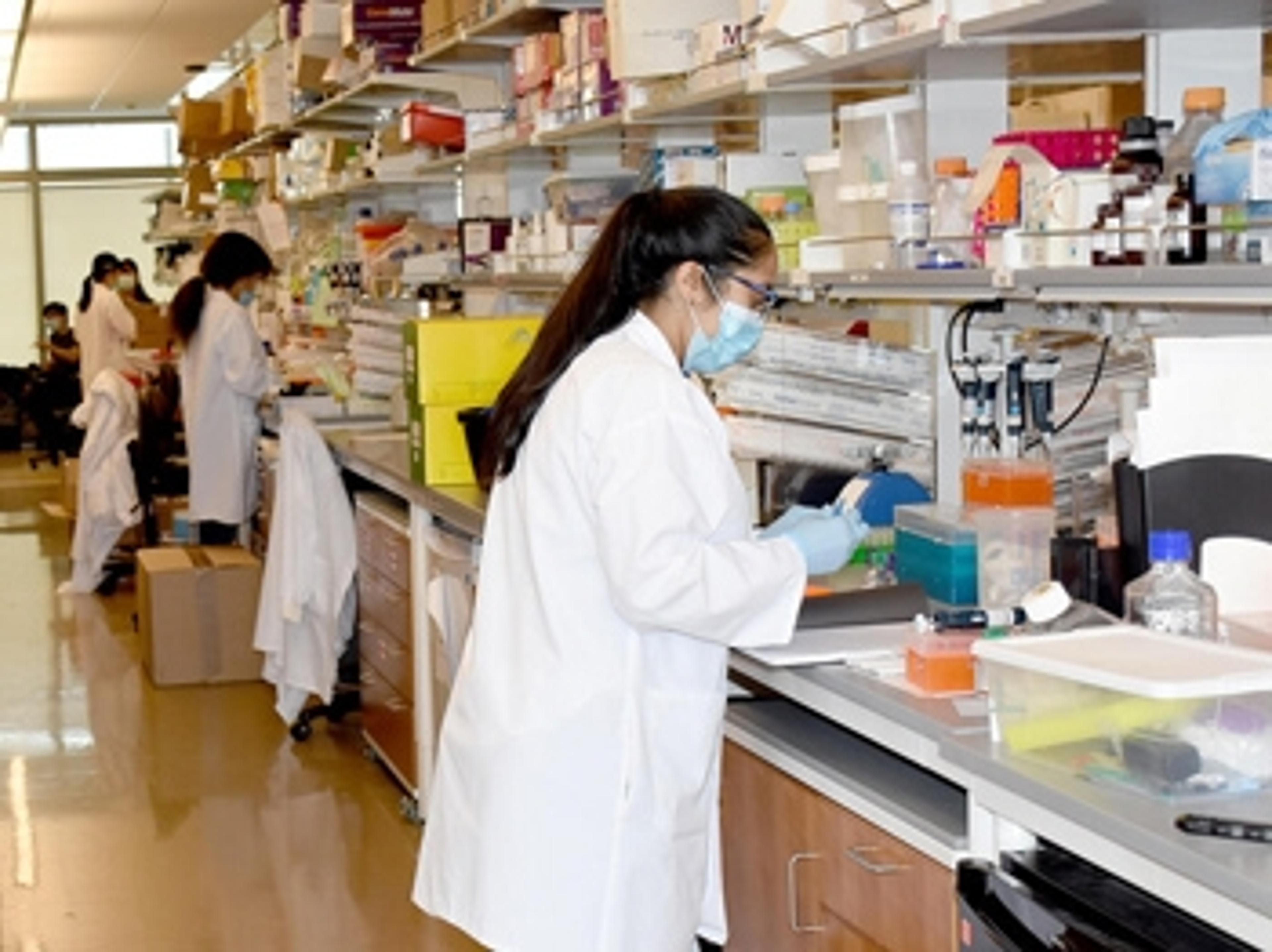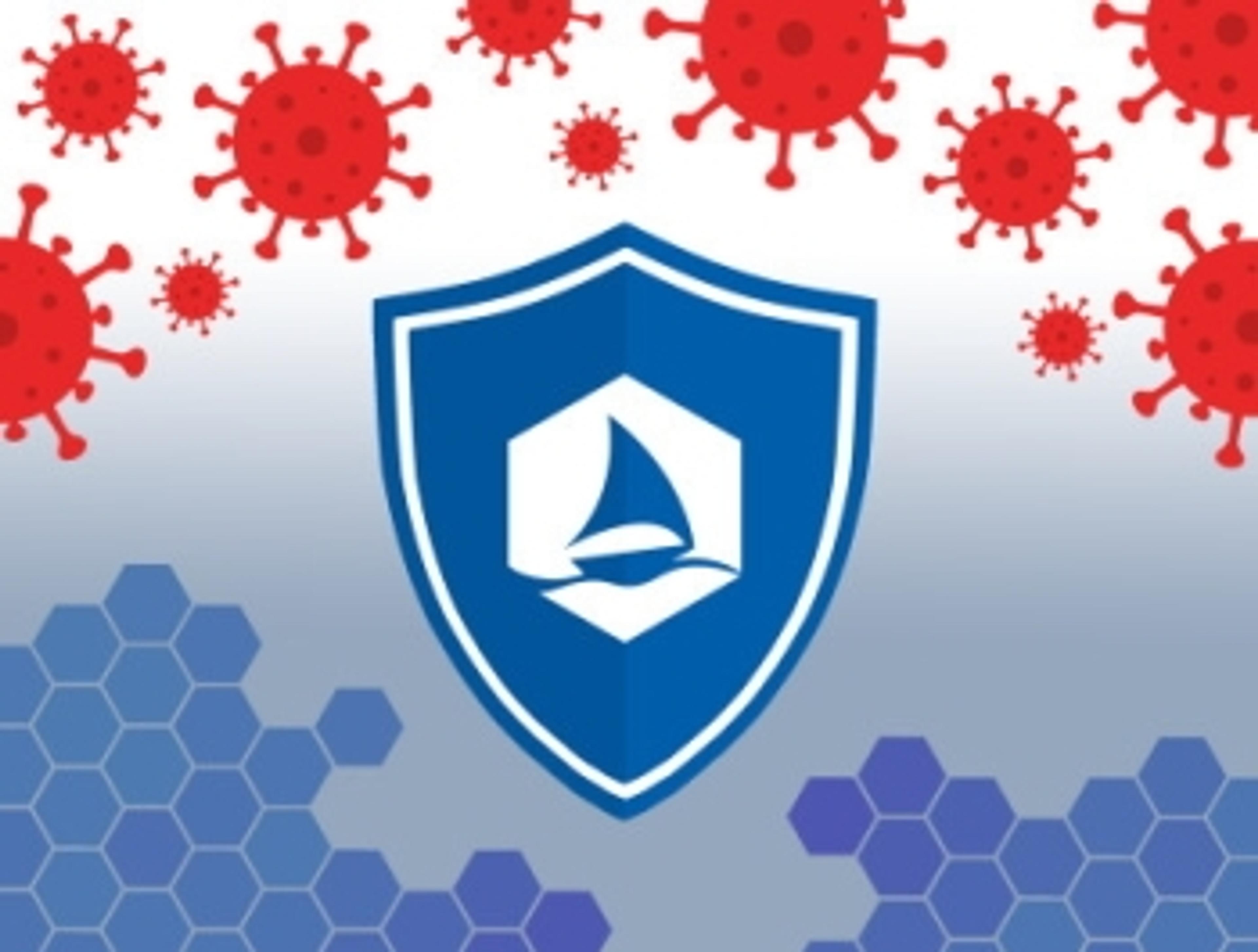News & Articles
Selected Filters:
Nanotechnology could enable test for early Alzheimer’s Disease
University of Manchester scientists have discovered previously unseen blood biomarkers which could one day be used to test for Alzheimer’s disease, years before its symptoms appear
Nanowire could provide a stable, easy-to-make superconducting transistor
Inspired by decades-old MIT research, the new technology could boost quantum computers and other superconducting electronics.
Oxford Instruments NanoScience delivers first Proteox globally to Oxford Quantum Circuits
The partnership aims to accelerate quantum computing commercialization in the UK
Setting standards for new materials
In this article, Thurid Gspann, chairwoman of the Graphene Flagship Standardization Committee (GFSC), explains why standardization is important
Latest Gemini technology for ultimate microscopic characterization of challenging samples
Watch this on-demand webinar to find out how the Gemini technology from ZEISS addresses challenging microscopy samples
Discovery suggests new promise for nonsilicon computer transistors
Once deemed suitable only for high-speed communication systems, an alloy called InGaAs might one day rival silicon in high-performance computing
Turning diamond into metal
Normally an insulator, diamond becomes a metallic conductor when subjected to large strain in a new theoretical model
The road to greener hydrogen
Hydrogen now isn’t everything that hydrogen could be, writes Mats W. Lundberg, sustainable business manager at Sandvik Materials Technology
Fuel cells for hydrogen vehicles are becoming longer lasting
A University of Bern international research team has succeeded in developing an electrocatalyst for hydrogen fuel cells
Improving hydrogen storage in the quest to reach ‘net zero’
Award-winning UK scientist Dr. Lui Terry discusses how his pioneering work on nanoconfinement could help advance the global transition to cleaner energy
UK-Irish collaboration awarded £1.6 million to uncover the secrets of quantum thermodynamics
The QuamNESS consortium unites researchers in University of Bristol, Queens University of Belfast and Trinity College Dublin to explore the thermodynamics of quantum machines and technologies, thanks to a major grant boost
Nanotrap particles offer a simple and rapid way to concentrate extracellular vesicles and exosomes
Dr. Clifton Ray discusses the potential of Nanotrap particles to advance extracellular vesicle research, and how his team is using them to break down barriers in isolation, screening, and disease diagnostics
Gas hydrates: A new hope for sustainable energy
Join us on Wednesday, July 1, to learn about the promising new applications of gas hydrates for sustainable energy and separative technologies
Graphene Flagship launches task force to combat COVID-19
This aims to make use of its collective and accumulated knowledge of graphene to fight the current pandemic

